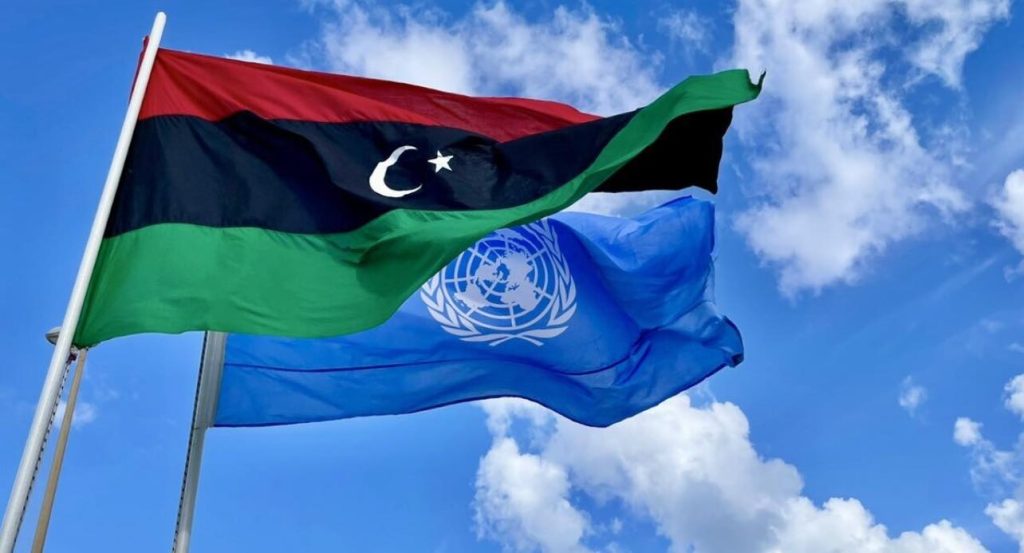Saad al-Dinali, a specialist in Libyan security and political affairs, said that the UN Mission “is trying hard not to exclude the current political establishment in Libya,” fearing obstacles or international and regional interventions that could disrupt the political path it recently outlined. He made these remarks in an exclusive statement to the “Independent Arabia” newspaper.
A Reading of the Mission’s Motives
Al-Dinali affirmed that the announcement of the “structured dialogue” is “an attempt to buy time and give these bodies another chance,” but at the same time, it is “a confirmation from the Mission that these bodies are incapable of fueling any reform process” and have reached “a stage of disarray that prevents them from participating in a future political solution.”
Structured Dialogue within Tetteh’s Roadmap
He explained that the “structured dialogue” is an item on the roadmap announced by UN Envoy Hanna Tetteh in her briefing to the Security Council last August. He noted that through this step, “the Mission will bypass these bodies and produce a new legislative body,” a path that is “not easy” because the new body “will establish laws and change sovereign positions,” and therefore “will need a kind of legitimacy to convince the international community.”
The Required Legitimacy and the Obstacle of International Division
He pointed out that the “argument” the Mission might use to convince the international community is “the paralysis that the current bodies, the Parliament and the High Council of State, have reached.” He opined that the Mission “is taking good steps,” but what “disrupts and hinders its work is the regional climate and the international division on the Libyan file within the Security Council.”
Between Sanctions and the Transformation of the Mission’s Nature
Al-Dinali considered what the Mission proposed as “logical,” but said it “will stumble on the agendas of major powers in Libya.” He explained that if the Mission obtains “international and regional consensus on its structured dialogue initiative, it will succeed, and the current bodies, now seen as a heavy burden, will be neutralized.” Regarding the threat of sanctions against obstructors, he said it is “possible” that the Security Council might resort to “changing the mission from a support mission to a military mission possessing the tools for real change,” similar to experiences in other countries, “especially since the Mission has been unable to confront the influence of armed militias.”
The Key to the Solution: Agreement of the Big Five
Al-Dinali concluded that the “real problem” since the Mission’s establishment has been the “lack of agreement among the five permanent member states” (France, China, Britain, the United States, Russia). If “the Mission forges some kind of agreement between these countries, then anything is possible,” and it “may not have to resort to sanctions” because the “withdrawal of support for the obstructors” by those countries would be sufficient. However, the absence of an agreement “strengthens the existing political bodies,” as “each body feeds on the support of an international party.” He stressed that “appeasing the various major powers, including Russia and America, is what will resolve the deadlock of the Libyan file.”
